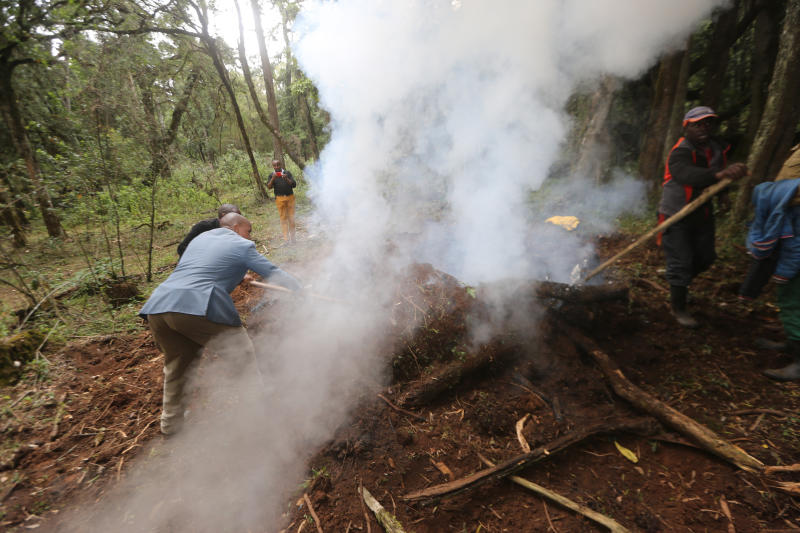×
The Standard e-Paper
Home To Bold Columnists

The Government has appointed a team to implement the decision of the African Court on the Ogiek Community land rights in Mau Forest.
The 16-member task force is to also look into all community forests in the country and develop a policy framework for the better management, conservation and protection of the areas.